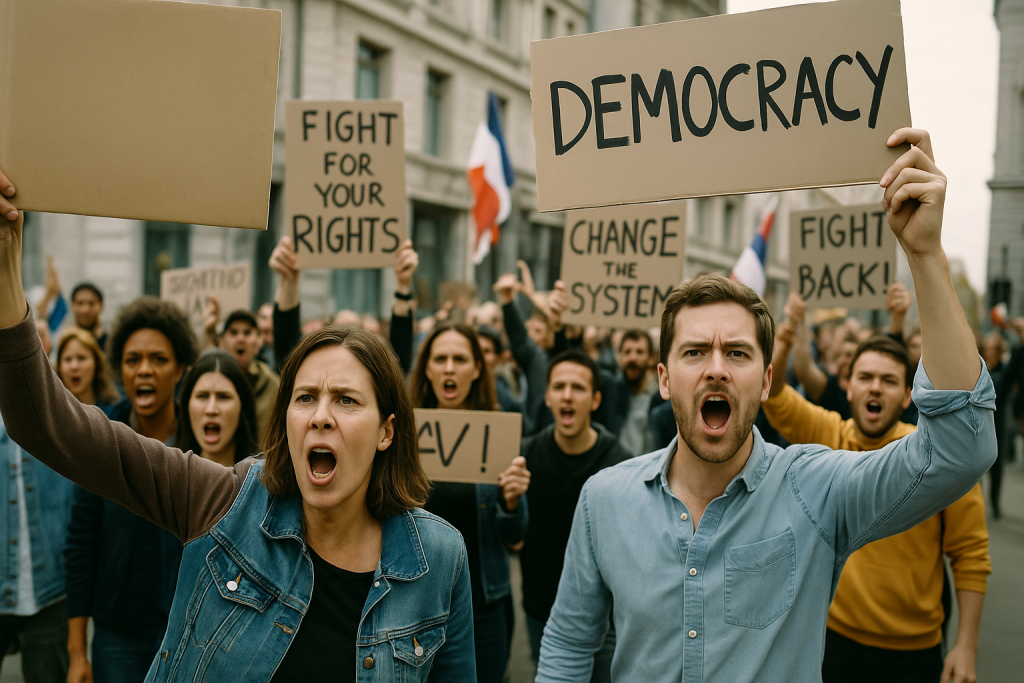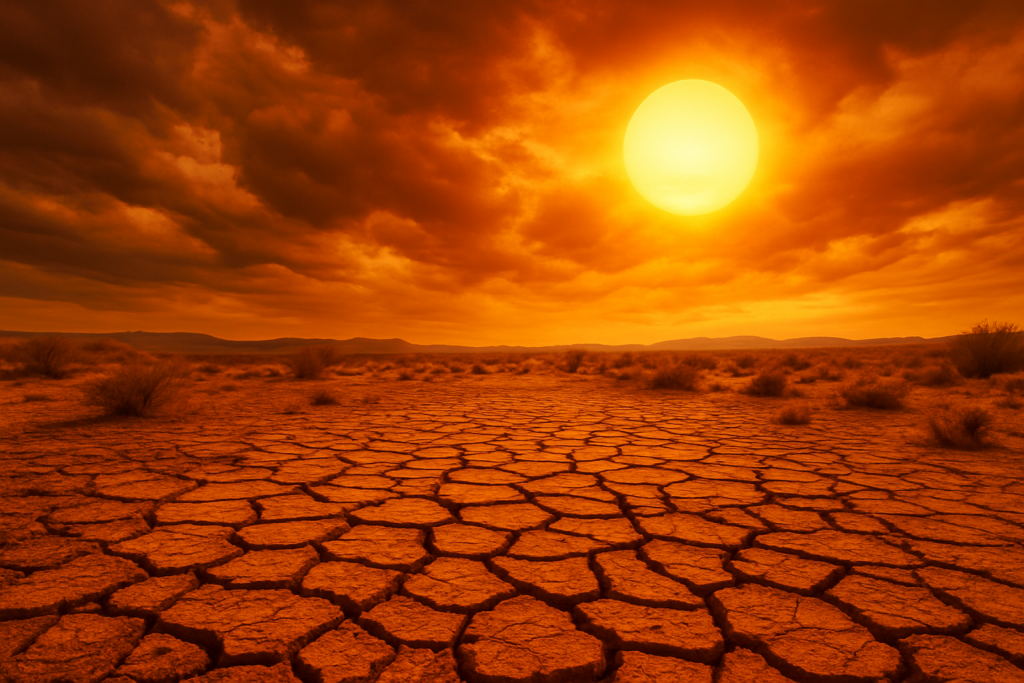The experience of journalism is often guide a degree of risk, but in consideration of risk varies across various roles and media channels. While few journalists face more dicey situations, others introduce relatively constant environments. This item delves into the intricacies of risk in journalist tasks across various news channels, providing insight into the different determinants that contribute to the understanding of risk in this field.
Traditional News Reporting
Journalists top breaking news stories, conflicts, or explosive situations grant permission encounter higher levels of risk. Reporters on the ground face physical emergencies, including uncovering to hazardous areas and potential confrontations.
Investigative Journalism
Investigative journalists may face risks on account of the nature of their work, that involves uncovering impressionable information, revealing corruption, and questioning powerful entities. Threats to private safety and allowable repercussions are potential risks in this area.
Conflict Zones and War Reporting
Journalists newsgathering from conflict zones or areas experience civil disturbance often face significant risks, containing danger from combat, changeable situations, and political inconstancy.
Environmental and Disaster Reporting
Covering natural accidents, environmental deadlocks, or health emergencies can reveal journalists to risks like uncovering to hazardous materials, energy risks, and challenging field environments.
Foreign Correspondents
Journalists working as overseas correspondents may encounter risks associated with inexperienced environments, enlightening differences, language obstructions, and potential political imbalance.
Social Media Reporting
While social publishing offers real-time newsgathering capabilities, columnists operating in this space can face risks to a degree misinformation, mathematical attacks, and online badgering.
Investigative Documentary Filmmaking
Journalists engaged in documentary filmmaking, specifically those delving into contentious subjects, may face permissible challenges, threats, or badgering from subjects or curious parties.

Press Freedom Advocacy
Journalists advocating for press independence and reporting on forbiddance or human rights violations can face backlash from authoritarian regimes or effective entities.
Sports and Entertainment Reporting
While frequently considered less risky, sports and pleasure journalists grant permission still face challenges such as ethical crises, handling delicate personal news, and managing media connections.
Newsroom and Editorial Roles
Journalists working in newsrooms and commentary positions may experience less material risk but could encounter pressures had connection with deadlines, focus of attention, and ethical decision-making.
Media Management and Content Creation
Journalists in television management and content concoction roles may have lower risk uncovering compared to frontline newsgathering. Their focus is on plan, content planning, and audience date.
Part-Time and Full-Time Roles
The level of risk can also extend full-time and part-period roles, in addition to based on the specific radio outlet, allure location, and the type of the stories covered.
While reporting encompasses a expansive spectrum of roles and accountabilities, not every person who writes about factual events for a living’s job is evenly risky. The degree of risk is affected by the framework, topic, and location at which point journalists work. Regardless of the level of risk, correspondents across all media channels play a fault-finding role in informing all and upholding the law of free and responsible media.



